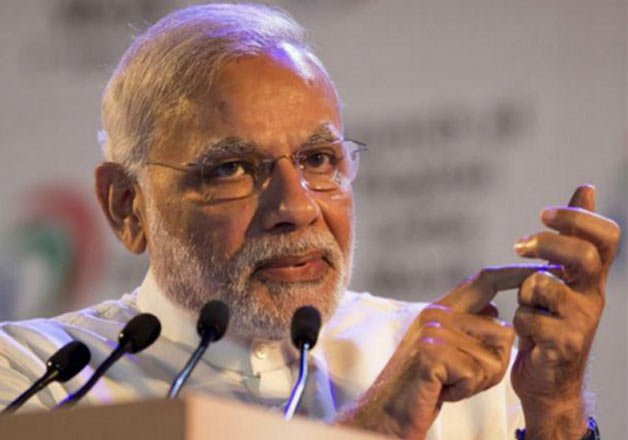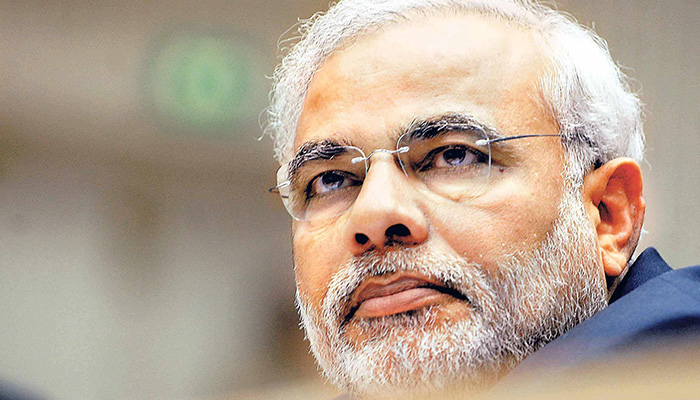Narendra Modi has made some tough decisions.
Narendra Modi has made some tough decisions. Be it surgical military strikes across borders, isolation campaigns against state sponsors of terrorism or international legal cases to secure justice for its citizens, the Modi government has vigorously defended India’s national interests.
forceful measures adopted to convey its displeasure to Turkey and Malaysia after they criticized India’s revocation of Article 370 in J&K and assisted Pak to avoid being blacklisted at FATF indicate that a Rubicon has been crossed. India will no longer meekly grumble & move on.
Modi went into action through a variety of calibrated counterattacks. His proposed visit to Turkey was called off as a symbolic snub. A $2.3-billion contract to a Turkish company, Anadolu Shipyard, to build support vessels for the Indian Navy was put on the chopping block.
While there was no official ban of Malaysian palm oil imports to India, patriotic Indian traders drastically slashed them and purchased more from the substitute supplier, Indonesia a Muslim-majority country neighboring Malaysia which is secular and not hostile to India.
The stakes are not minor here because India is Malaysia’s biggest customer of palm oil, buying up to $1.63 billion in 2018. A fall in Malaysia’s palm oil futures market and Mahathir’s remark that “it is bad to have what amounts to a trade war” with India suggest power.
Malaysia has also been trying to persuade India to join a mega-regional Asian trade agreement known as the Regional Comprehensive Economic Partnership (RCEP). Modi’s ‘three Ds’ (Democracy, Demography, and Demand) are cards to bring Malaysia around to a balanced position.
Severe deterioration of Turkish economy and weakening of its currency in recent quarters, loss of shipbuilding contracts from India worth billions and India’s refusal to sell sensitive dual-use explosives & detonators on which Turkey’s military manufacturers depends is a message.
In an earlier era, India did a lot of handwringing when members of the Organisation of Islamic Cooperation (OIC), including Turkey and Malaysia, sided with Pakistan on grounds of religious solidarity.
Then, the familiar lament in New Delhi used to be that we cannot make bigoted Islamist horses drink the water of reason. Now, Modi is challenging the diehard Pakistan-backers with material disincentives and daring them to back off.
Today, China and the United States have far bigger markets and militaries than India to succeed in ‘competence’ games. But the fact that India has embarked on the path of carrying a big stick and wielding it is a welcome development.



Comments